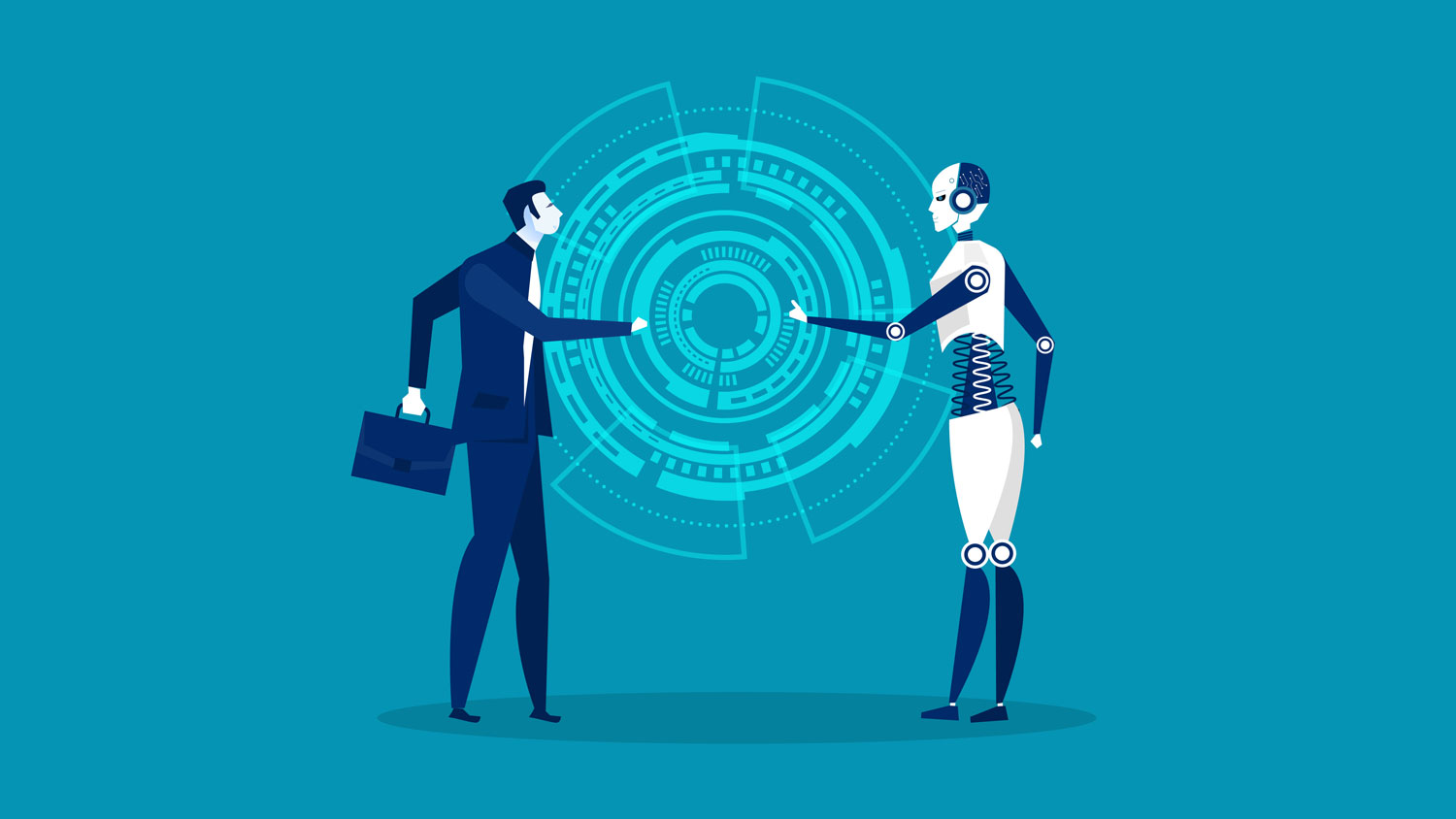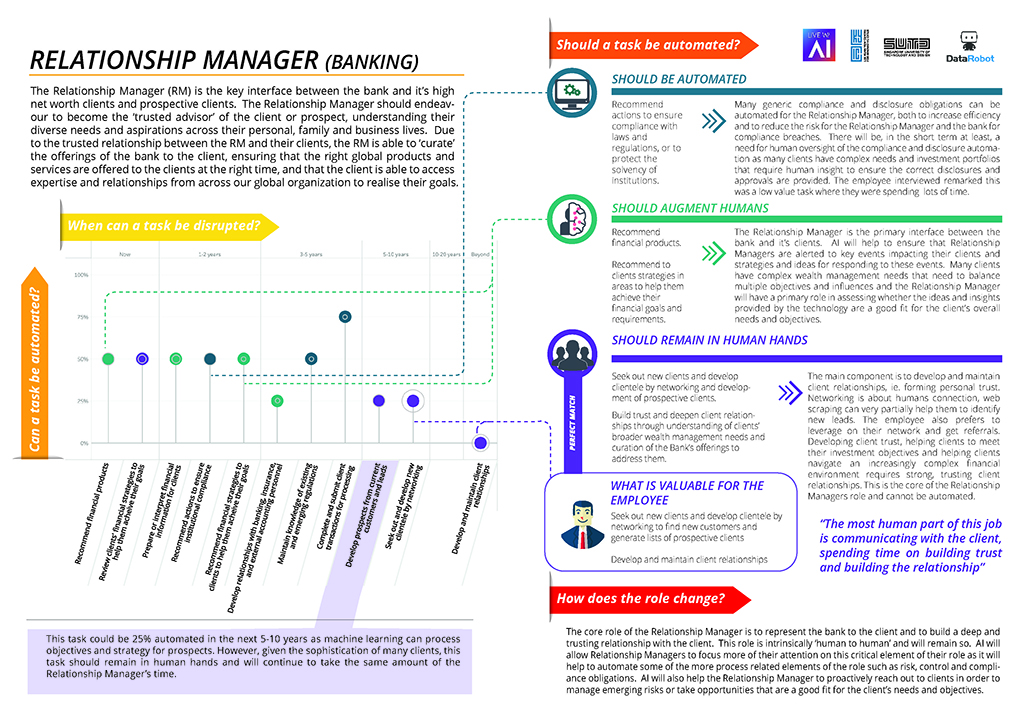How Will Human Beings Live and Work with AI?
Wed, 10/16/2019 - 12:00
With each new advance in machine learning and data science, the fear grows that artificial intelligence (AI) will lead to mass unemployment — when in fact, technological progress can often enrich the way we work. The annual Live with AI report aims to dispel the popular myths surrounding AI and offer clear, actionable advice for governments, brands and organisations as the AI-powered future draws closer.
At an event ahead of the report’s official publication this month, Ogilvy Consulting’s Senior Partner Pierre Robinet, outlined some of the key themes that will be explored in depth in the paper. He identified the three perspectives that will need to be considered.
The first of these perspectives is that of enterprises. “How can we encourage organisations to work responsibly with data and make the right decisions?” The second perspective is governmental: “What are the issues policy makers will have to grapple with as AI enters every aspect of our lives?” The third and most important perspective that must be considered as AI permeates our society is the individual: the consumer, the worker. “AI must be human-centric,” as mentioned by Zee Keen Yeong, deputy commissioner of the Singapore PDPC (Personal Data Protection Commission).
Putting the human being at the centre of our thinking when it comes to AI will be crucial in building a future workplace. One of the most illuminating insights from the Live with AI report is that jobs are not being eradicated wholesale, but rather they will be disrupted task by task, skill by skill. “Every job can be broken down into tasks,” says Poon King Wang, director of the Lee Kuan Yew Centre for Innovative Cities, SUTD. “If we get a sense of which tasks are being disrupted and when, and then find other jobs where similar tasks are being disrupted, we can create a risk profile and a transition pathway.”
Logically speaking, companies could use AI to automate menial administrative tasks, freeing up personnel to focus on the kind of work that requires greater cognitive capacity. However, some of the people interviewed during Live with AI’s research stated that they look forward to – and even valued the mundane tasks in their otherwise hectic workday, as they provide a reprieve from the pressure of their job. Incorporating the human point of view into our thinking means that we must ask additional questions: not just which tasks can be automated, but should they be?
Below is an example of how a relationship manager’s role has evolved.
Of course, the role that AI will play in people’s jobs goes beyond simple automation: AI can use data to serve up trends and insights which then help creatives and relationship managers to come up with the best ideas for their clients at the right time. This new workplace paradigm will require a new kind of talent; organisations will need independent, critical thinkers who will be capable of interrogating and interpreting AI insights instead of just taking them at face value.
Far from making human beings slower or lazier, the rise of AI will empower greater creativity and resourcefulness. When we have more hours in our day, we’re going to do more, invent more, and find new ways to change our world for the better.
The latest edition of Live with Al: Al & Work will be published at the end of October. The research was conducted by Live with AI in partnership with the Lee Kuan Yew Centre for Innovative Cities, SUTD and DataRobot.
SGInnovate is a partner of this initiative.
Trending Posts
- Keeping satellites safe: How CYSAT Asia 2026 is tackling space cybersecurity
- The future of fusion energy: What will it take to bring the power of the stars to earth?
- How an aerospace engineer charted a path to quantum technology
- Scaling nanomaterials is challenging — Meet the startup with a hybrid solution
- Surveying Singapore's early-stage emerging tech startup landscape







